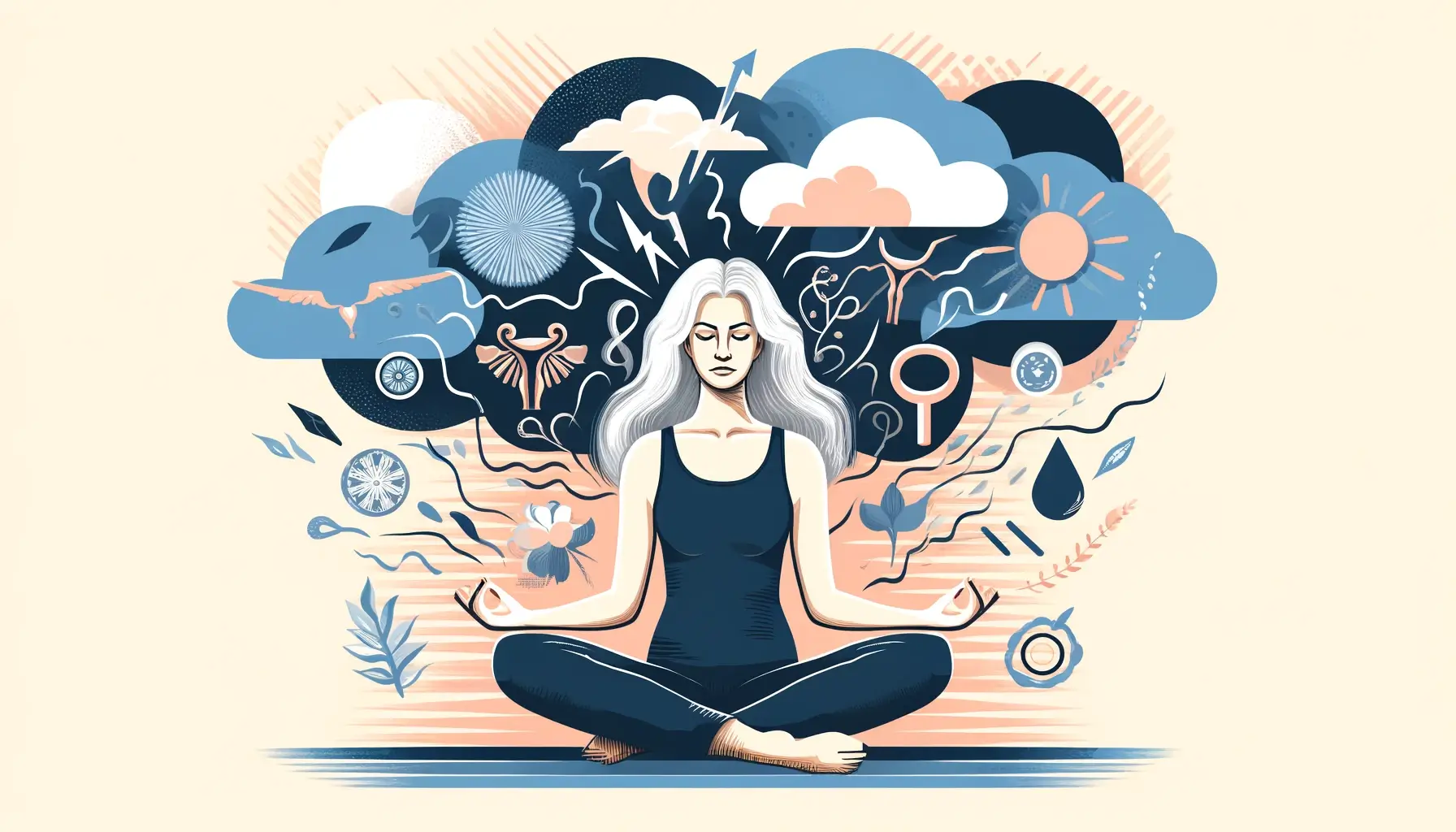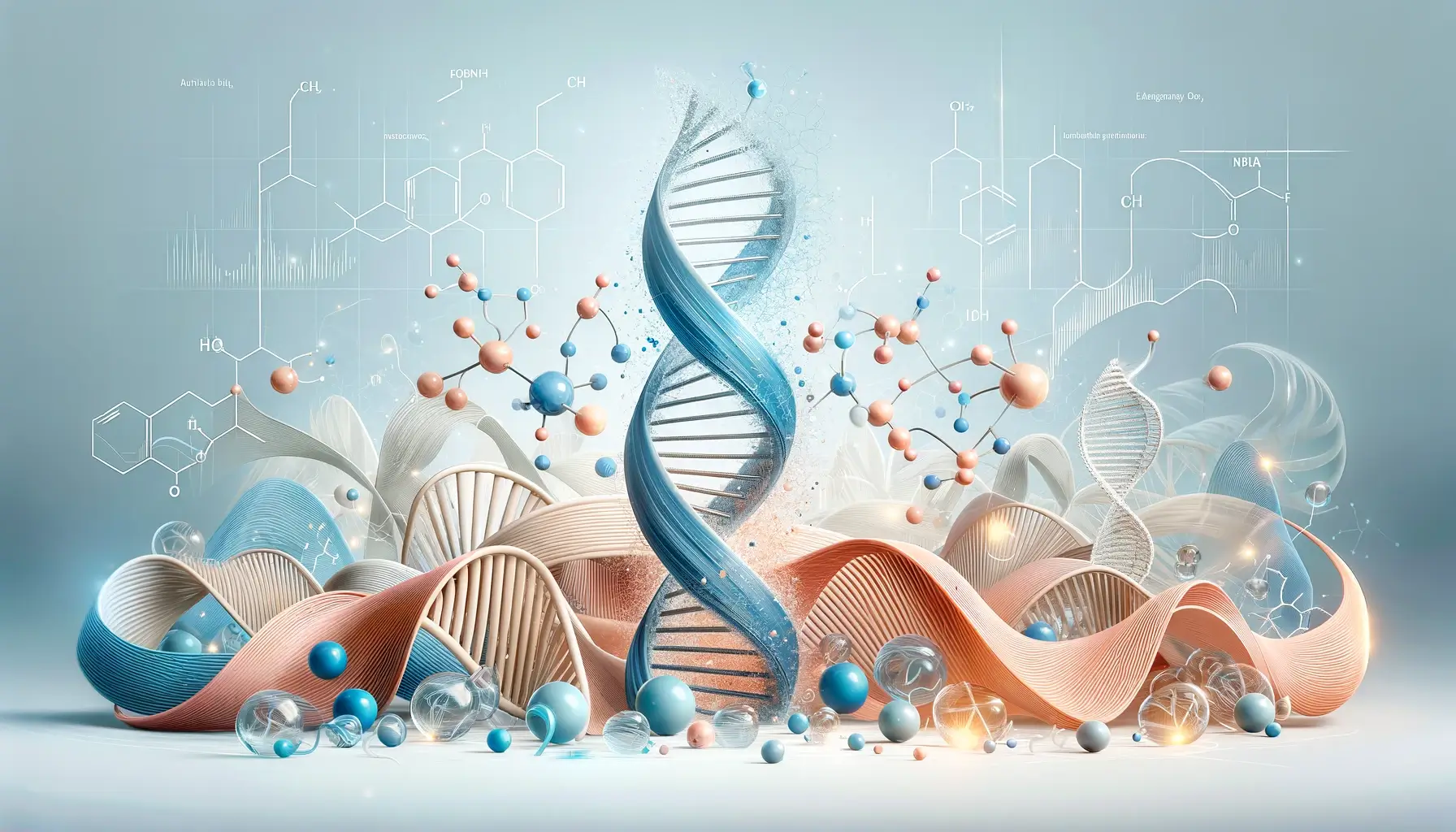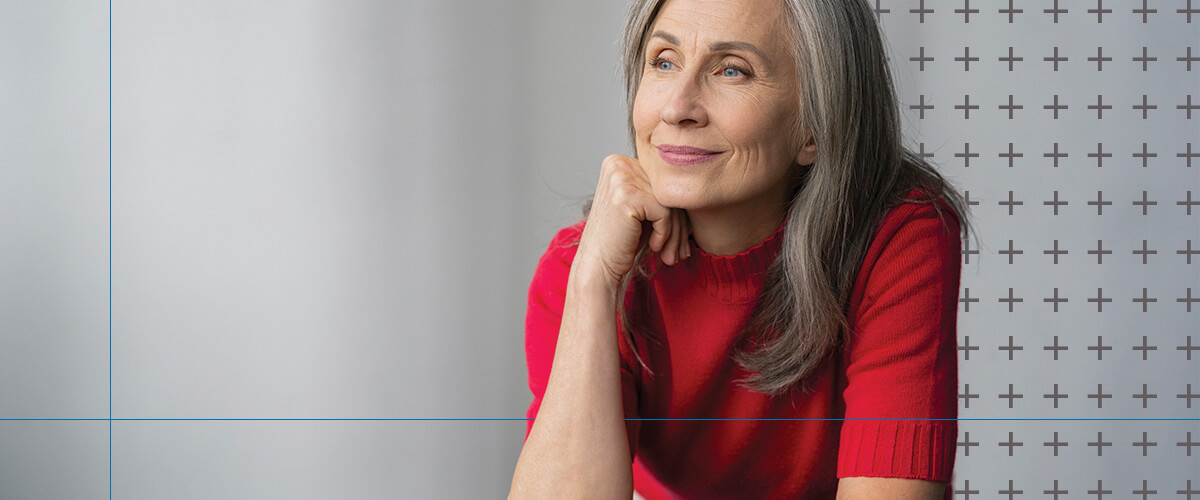While hair loss has long been associated with androgenetic alopecia experienced by men at various stages of their lives, it’s essential to note that menopausal women now represent over 40% of individuals reporting partial or complete hair loss. Are the causes of hair loss during menopause solely physical? In this article, Groupe Médical PAI’s expertise in women’s hair loss sheds light on menopause-related factors.
Stress and Menopause: A Cause of Increased Hair Loss

From a physical perspective, menopause inevitably brings various transformations in women, such as hot flashes and fatigue. It is also accompanied by emotional and psychological elements like mood swings, insomnia, stress, and anxiety. This hormonal upheaval typically occurs around the age of 51, but its effects persist for several years of physiological changes, with perimenopause potentially lasting more than eight years. The complete cessation of reproductive hormones’ synthesis (estrogens and progesterone) is just one aspect of this phase in women’s lives.
Hair loss in women most often occurs simultaneously with menopause. Hair undergoes a change in appearance, becoming much finer and drier, making it more susceptible to damage. To prevent increased hair loss, the key is to reduce stress, which remains the number one adversary for menopausal women.
It is essential to remember that stress is one of the causes of hair loss. In menopausal women, it’s not surprising that stress levels are high. Imagine going through hormonal upheaval for several years, witnessing your hair thinning, changing appearance, and no longer recognizing yourself during mood swings.
Hormones and Hair Loss in Women

While estrogens and progesterone are no longer synthesized once menopause is complete, testosterone continues to circulate disproportionately. With a significant influence on hair follicles, testosterone accelerates hair growth, but the new hair grows thinner, less robust, and more fragile.
This is when a vicious circle forms: by observing their thin and damaged hair, women, already grappling with numerous menopause-related issues, will experience additional stress. Since stress is detrimental to maintaining a healthy head of hair, this leads to hair loss.
